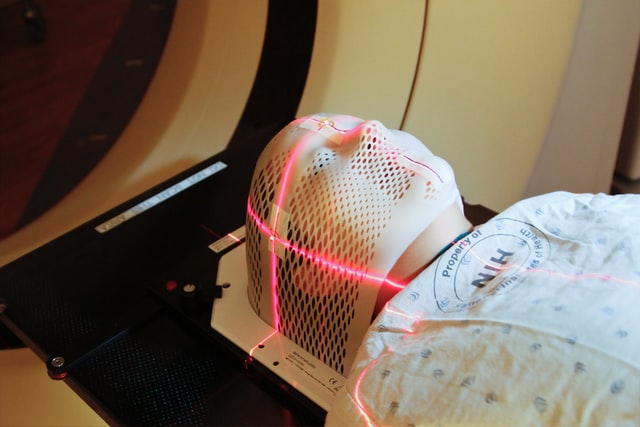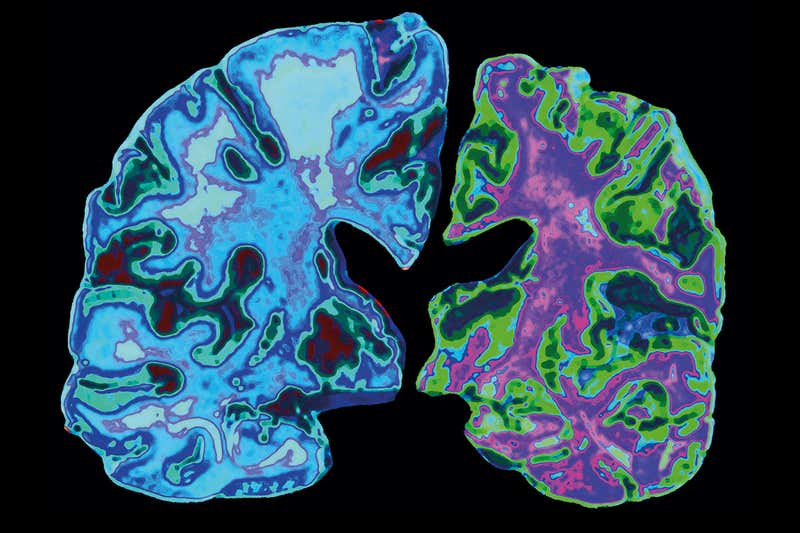When oral bacteria travels to the brain
Gum Disease and Alzheimer’s: How Bacteria Travel to the Brain
By Being Patient | April 9th, 2019
We know that regular brushing and keeping up with oral hygiene can save our teeth. But can it help preserve memory, too?
A new study from the University of Louisville School of Dentistry in Kentucky found that the same bacteria involved in gum disease may play a role in Alzheimer’s—and they demonstrated exactly how bacteria from the mouth finds its way to the brain in a mouse model.
The bacterium Porphyromonas gingivalis is the culprit behind gum diseases like periodontitis, an infection of the gums and surrounding tissue that attacks the bones that support teeth. It’s the same bacteria that scientists found in the brain samples of people with Alzheimer’s disease.
“Oral hygiene is very important throughout our life, not only for having a beautiful smile but also to decrease the risk of many serious diseases,” said Jan Potempa, Ph.D. a professor at the University of Louisville School of Dentistry and head of the department of microbiology at Jagiellonian University in Krakow, Poland. “People with genetic risk factors that make them susceptible to rheumatoid arthritis or Alzheimer’s disease should be extremely concerned with preventing gum disease.”



